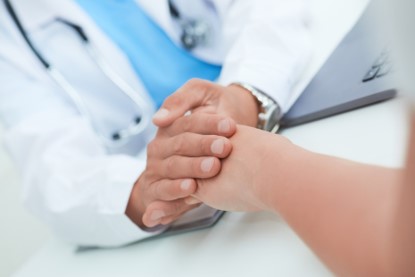Herpes is subcategorized into two types, herpes type 1 (oral) and herpes type 2 (genital). Each type of herpes is caused by its respective virus: herpes simplex virus 1 (HSV-1) and herpes simplex virus 2 (HSV-2). Herpes simplex virus 1 (HSV-1) causes a common viral infection known as cold sores or fever blisters. They are tiny, fluid-filled blisters on and around your lips. These blisters are often grouped together in patches. After the blisters break, a crust forms over the resulting sore. Cold sores usually heal in two to four weeks without leaving a scar.
Herpes simplex virus 2 (HSV-2) causes Genital herpes, a common sexually transmitted infection that affects men and women. HSV-2 is very common and highly contagious, whether or not you have an open sore.
Donor requirements for participation:
- You must be clinically diagnosed by a medical professional. Confirmation of the diagnosis and/or treatment must be verified with your physician.
- Be pre-screened to determine eligibility.
- You’re willing to donate plasma through the apheresis process.
- You must have a photo ID and be able to provide your social security number or proof of citizenship.
- You must be at least 18 years old.
- You must weight at least 110 lbs.
- You must disclose if you have ever been diagnosed with Hepatitis C and/or HIV.
For questions and concerns about requirements or participation, contact us at (833) GO-4-CURE.
Symptoms
Herpes simplex virus 1 symptoms pass through several stages including tingling and itching, blisters, and oozing and crusting of blisters. During first-time outbreaks, some people also experience fever, painful eroded gums, sore throat, headache, muscle aches and swollen lymph nodes.
Herpes simplex virus 2 symptoms may or may not see any visible signs depending on the infection. Some symptoms could include pain or itching that begins within two to 10 days after exposure to an infected sexual partner, small red bumps or tiny white blisters, which may appear several days later, ulcers that form when the blisters rupture and ooze or bleed and scabs that form as the ulcers heal.
Treatment
Cold sores generally clear up without treatment in two to four weeks. For genital herpes, several types of prescription antiviral drugs may speed the healing process. Examples include:
This information is not meant for clinical diagnosis, but as an educational resource derived from Mayo Clinic.
Discovering that you have been infected with a disease can be overwhelming with many unanswered questions and concerns. One that may come to mind is “how can I help someone else that may go the same process and struggles that I have experienced?” You can help by becoming a Specialty Antibody donor!
Participating in research allows scientists and clinicians find new treatments, tests and quicker diagnostic methods to improve patient outcomes and, hopefully, prevent the disease from spreading.


DO NOT SELL OR SHARE MY INFORMATION
M-Th: 7 AM - 3 PM
F: 8:30 AM - 10:30AM
M-F: 7:30 AM - 3:30 PM
Programs:
Bone Marrow, Whole Blood, White Blood Cells
M-F: 6:00 AM - 12:00PM
Programs:
Whole Blood, White Blood Cells
M-Th: 7 AM - 3 PM
F: 7 AM - 12 PM
Programs:
Whole Blood
M-Th: 8:30 AM - 3 PM
F: 8:30 AM - 12 PM
Programs:
Whole Blood, Plasmapheresis
M-Th: 7 AM - 3 PM
F: 8:30 AM - 1:00 PM
Programs:
Whole Blood, Plasmapheresis, White Blood Cells